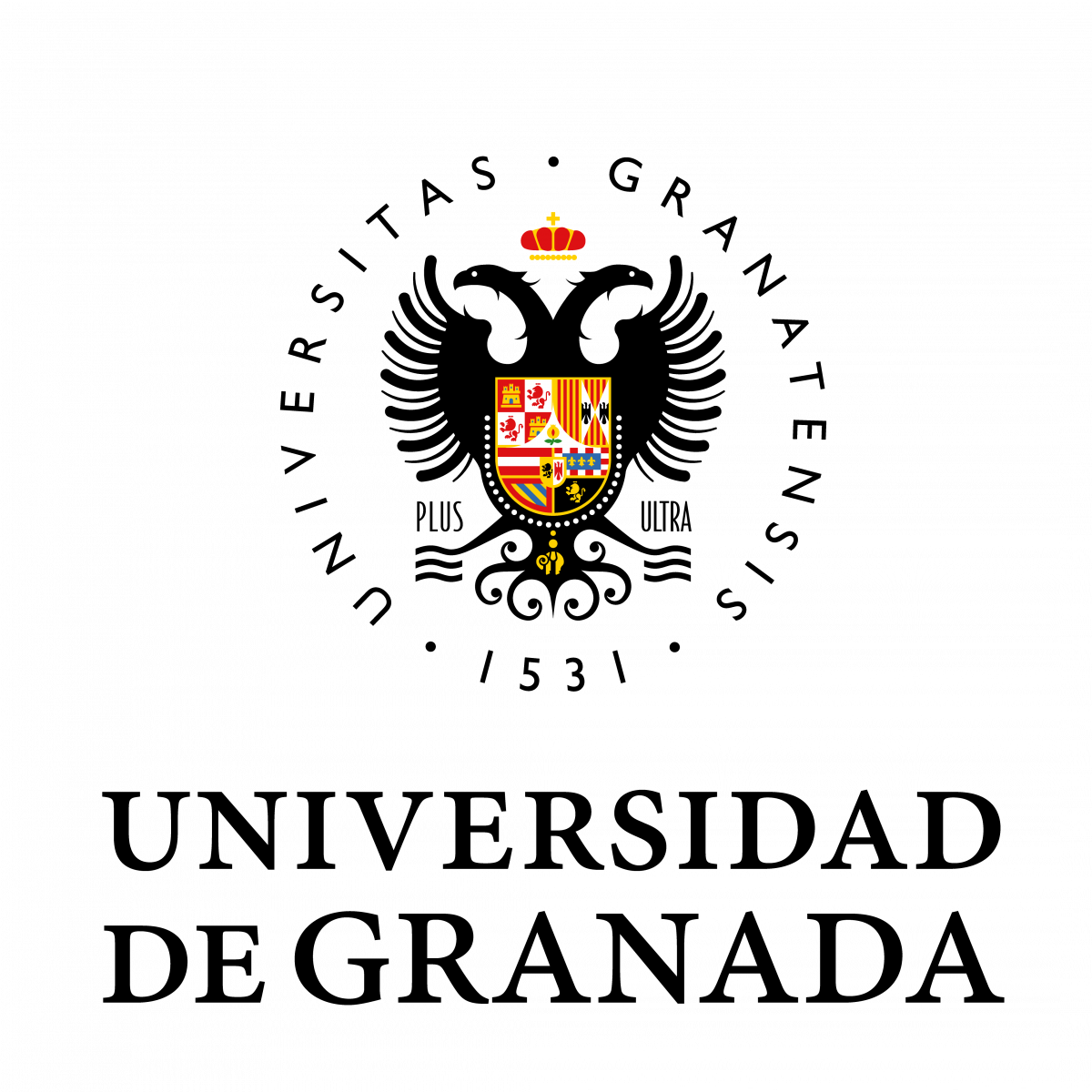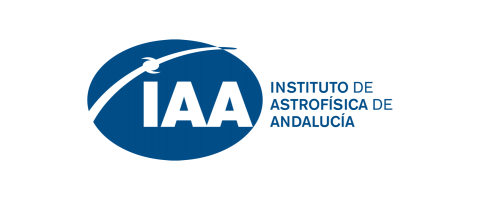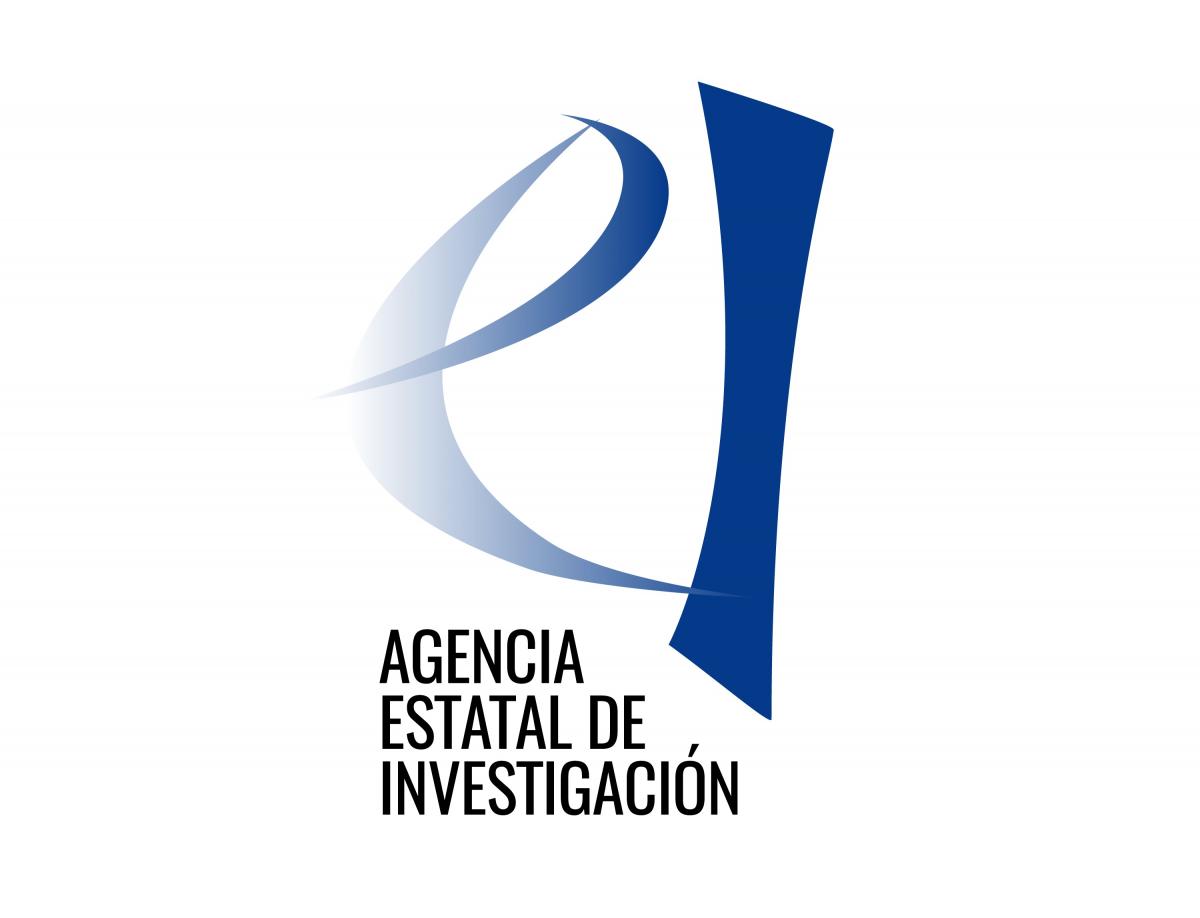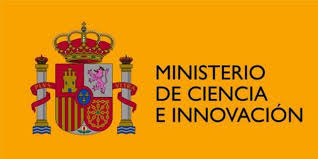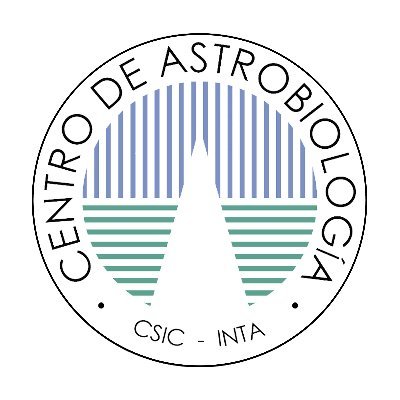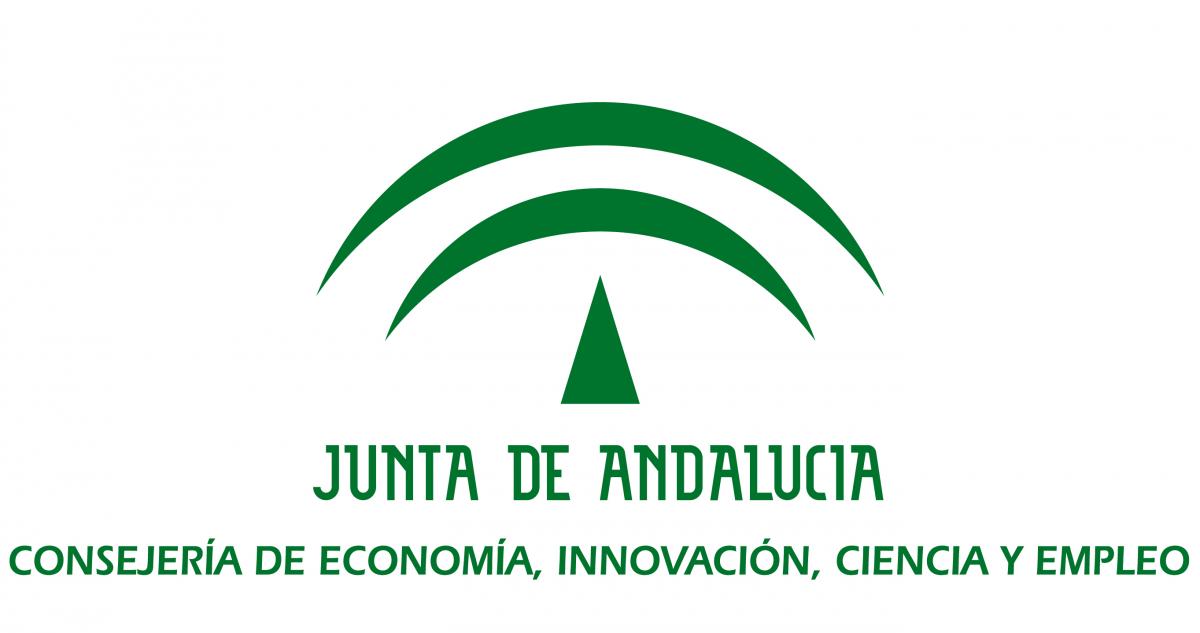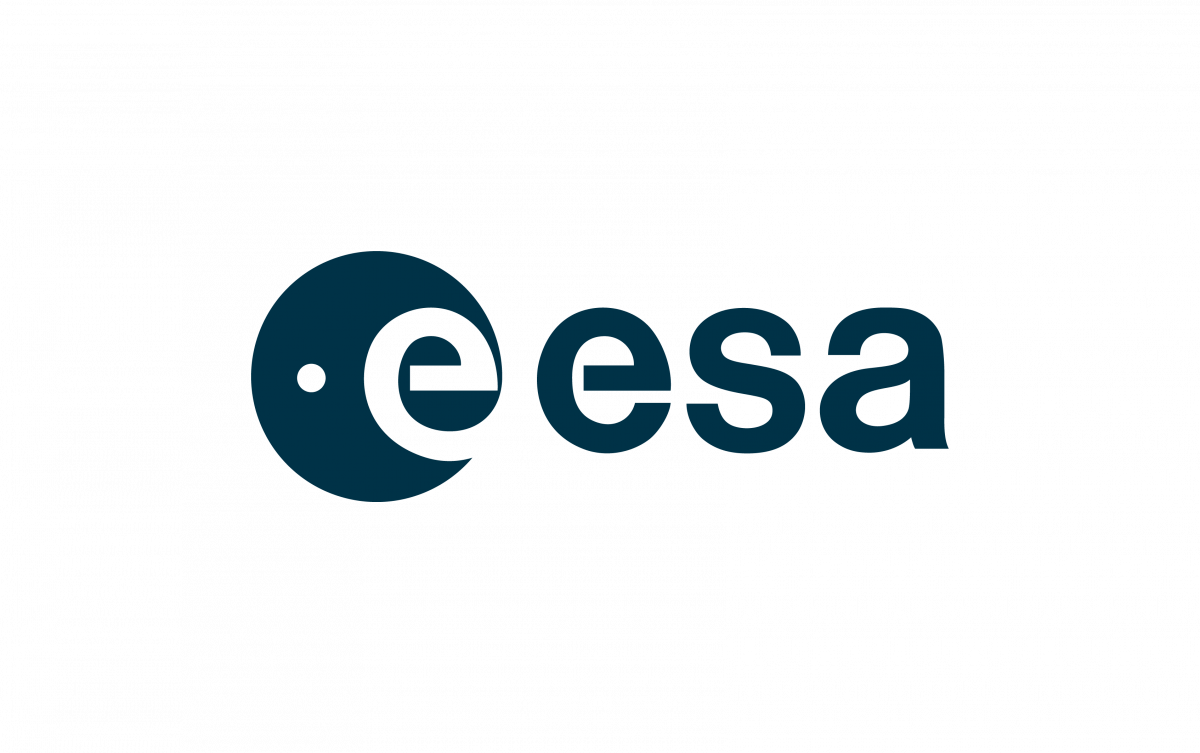All attendees, speakers, sponsors and volunteers at our conference are required to agree with the following code of conduct. Organisers will enforce this code throughout the event. We expect cooperation from all participants to help ensure a safe environment for everybody.
The PLATO Conference 2021 is dedicated to providing a harassment-free conference experience for everyone, regardless of gender, gender identity and expression, age, sexual orientation, disability, physical appearance, neurodiversity, body size, race, ethnicity, religion (or lack thereof), or technology choices. We do not tolerate harassment of conference participants in any form. Sexual language and imagery is not appropriate for any conference venue, including talks, workshops, parties, Twitter, Slack, Zoom, Gather town, and other online media.
Harassment includes offensive verbal comments related to gender, gender identity and expression, age, sexual orientation, disability, physical appearance, body size, race, ethnicity, religion, technology choices, sexual images in public spaces, deliberate intimidation, stalking, following, harassing photography or recording, sustained disruption of talks or other events, inappropriate contact, and unwelcome sexual attention.
Participants asked to stop any harassing behaviour are expected to comply immediately.
If a participant engages in harassing behaviour, the conference organisers may take any action they deem appropriate, including warning the offender or expulsion from the conference.
This conference code of conduct is based on the source:
https://github.com/leftlogic/confcodeofconduct.com
Reporting and help
You can contact the LOC by email: (jcsuarez@ugr.es, mm@cab.inta-csic.es, rodon@iaa.es). You can also contact the coordinator of the SOC, Ana Heras (ana.heras at esa.int). For anonymous reporting, please go to this link.
Conference etiquette
The PLATO Conference 2021 is an event in which researchers are encouraged to have a free discussion, and a free exchange of ideas and scientific results. All attendees are expected to behave professionally and treat each other with respect for the duration of the meeting and in all activities related to it. Ideas and results must be respectfully discussed based solely on their scientific merits.
Participants are advised to be mindful and respectful of cultural differences between the participants.
Attendees’ right to privacy should be respected. Consent should be sought before publishing photographs, recordings or video clips where colleagues are the main subject in scientific publications, on social media, or on conference websites, except where it can be assumed that people are portrayed in a public and professional environment, and behaving in a professional
fashion.
Conference participants may post pictures of presentations on social media (e.g. Twitter, Facebook, Instagram, etc.) unless the speakers indicate at the beginning of their talk that they are not
comfortable with that.
Participants are expected to comply with the following rules:
- Connection information to Zoom, Slack, or Gather town should not be shared with non- registered people. When connecting to Zoom, Slack, or Gather town all attendees should use their own name.
- In Zoom rooms please mute yourself (if this is not done by default), so that your background noises won`t disturb the talk. Also please re-mute yourself after asking a question during a talk.
- Please use Zoom's "raise hand" function if you wish to ask a question or make a comment after a talk or during a debate. This function can be found by clicking on the "Participants" button, which opens a sidebar to the right, and by clicking on the blue hand icon. Once you have asked your question, please press "lower hand”.
The first two paragraphs of this section are based on the EAS Ethics Statement and Guidelines for Good Conduct

